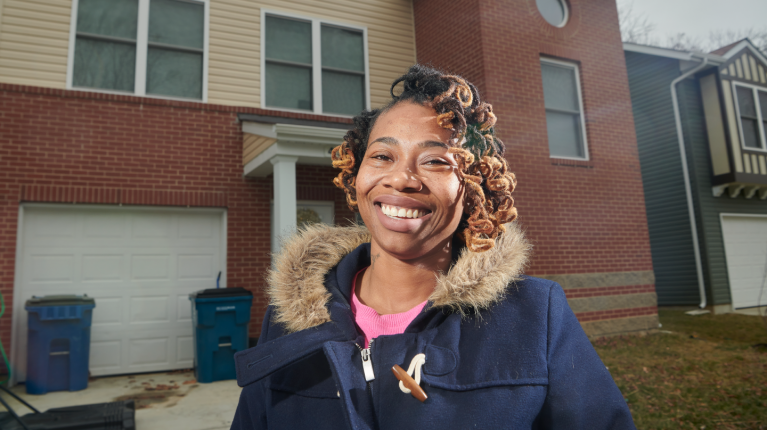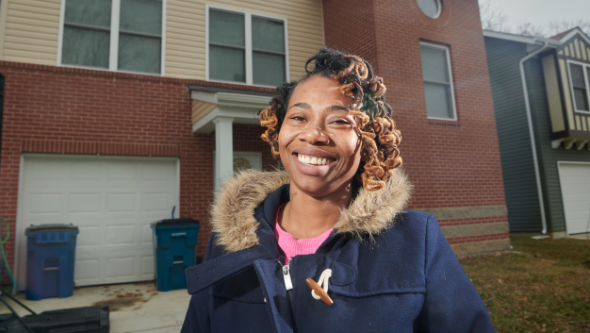
The disparity in median wealth between races continues to be an issue in the U.S. In fact, over their lifetimes, Black Americans can expect to earn up to $1 million less than White Americans, according to a recent McKinsey & Co. study. And the gap appears to be worsening.
According to a 2018 report by the Economic Policy Institute, Whites with an advanced degree earned on average $44.46 an hour, Latinx earned $38.47, and Blacks earned $36.23. In 2016, according to the U.S. Census Bureau, Black Americans’ wealth was only 9% of White Americans.
In the McKinsey study, the authors explain that the racial wealth gap disadvantages black families, individuals and communities by limiting their economic power and prospects. In addition to the impact on individuals, the racial wealth gap also constrains the entire U.S. economy. The dampening effect on consumption, the study says, will cost the U.S economy between $1-$1.5 trillion between 2019 and 2028 — or 4-6% of the projected GDP.
Many historical, social and political forces contribute to the gap. And while closing the gap may seem daunting, there are several key things that can — and are — making a difference.
Financial Education
Study after study shows that education is a key factor in boosting economic mobility. Financial education, in particular, creates opportunity. Yet those who benefit most from financial education often have the least access to it.
According to a Next Gen Personal Finance report from the 2018-2019 school year, one in six U.S. high school students had to take at least one semester of a personal finance course in order to graduate. In low-income schools, only 3.9% of students needed a personal finance course to graduate.
To help address this gap, Enterprise conducts financial education and empowerment courses in underserved areas — either through courses taught in our locations or taken to area organizations such as schools, churches and other community organizations.
“Education is power. From financial education to our no-cost Enterprise University courses to our ongoing webinar training series, we invest substantial resources into helping people in all economic scenarios to learn and grow,” explains Community Financial Services Officer Dart Ford, who operates from Enterprise’s Urban League location in north St. Louis County.
Through our website, Enterprise also offers no-cost financial education in 10-minute modules. Topics include financial basics, paying for college and planning for retirement.
Job Training
Similar to financial education, on-the-job training also positively impacts financial mobility. The more an employee understands the industry and job function, the higher their value to their employer. This, in turn, provides opportunities for higher wages.
Job training opportunities, in general, are plentiful — some that cost to attend, and some that don’t. But every company’s situation is different in terms of their ability to provide job training programs to employees.
There are many examples of innovative job training programs that organizations can model after. In Enterprise’s Career Acceleration Program, participants rotate through several areas of the bank, including departments such as credit, commercial banking, wealth management, operations and brand administration. After successful completion of the program, the participant is placed in a role that aligns with their strengths and talents and also fulfills a need in the organization. The program has positively impacted our ability to move diverse participants up in the company.
Housing
St. Louis native and single parent Mary Harris is an excellent example of the power of homeownership and affordable housing. Harris was struggling to take care of her three children while pursuing her goal of becoming a phlebotomist. She landed a job taking blood donations. As her new career was taking off, she struggled to find a quality, affordable home.
She began taking homeownership and financial education courses through our longtime partner Beyond Housing, a community development organization that provides support to low-income communities in the St. Louis area. Through Beyond Housing, Mary was able to move into Pine Lawn Manor, a 41-unit single-family development built on land previously occupied by vacant and abandoned homes.
Read more about Mary’s story here.
Increasing homeownership in minority neighborhoods is the focus of Enterprise’s Welcome Home programs, which currently operate in both St. Louis and Kansas City. The program provides down payment assistance for residents in majority-minority census tracts. It is not a government program, and you do not have to be a first-time homebuyer to qualify.
“Innovative programs like these help us build communities and create opportunities to help close the wealth gap,” explains Monica Campbell, Enterprise’s Vice President of Community Development.



